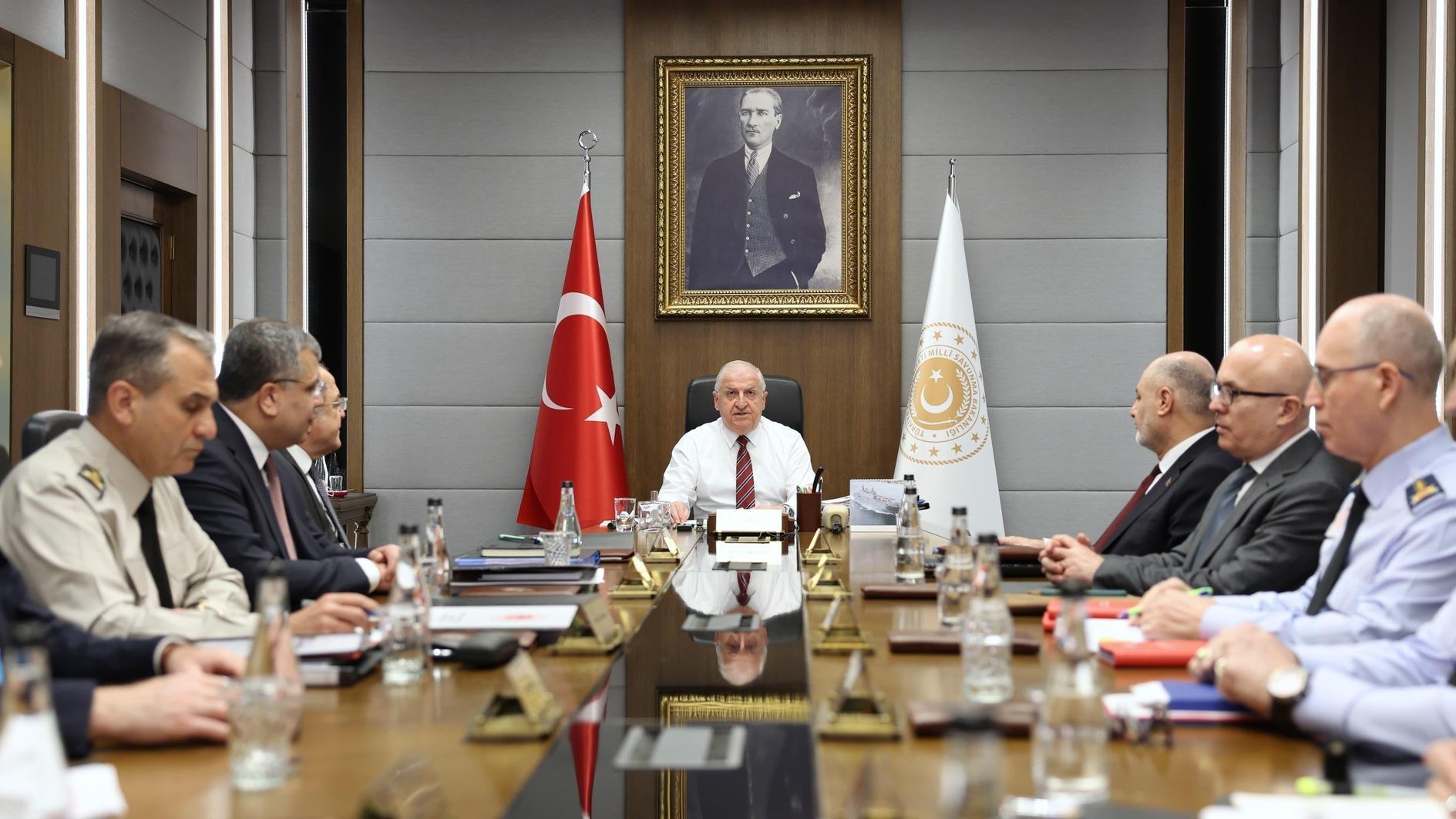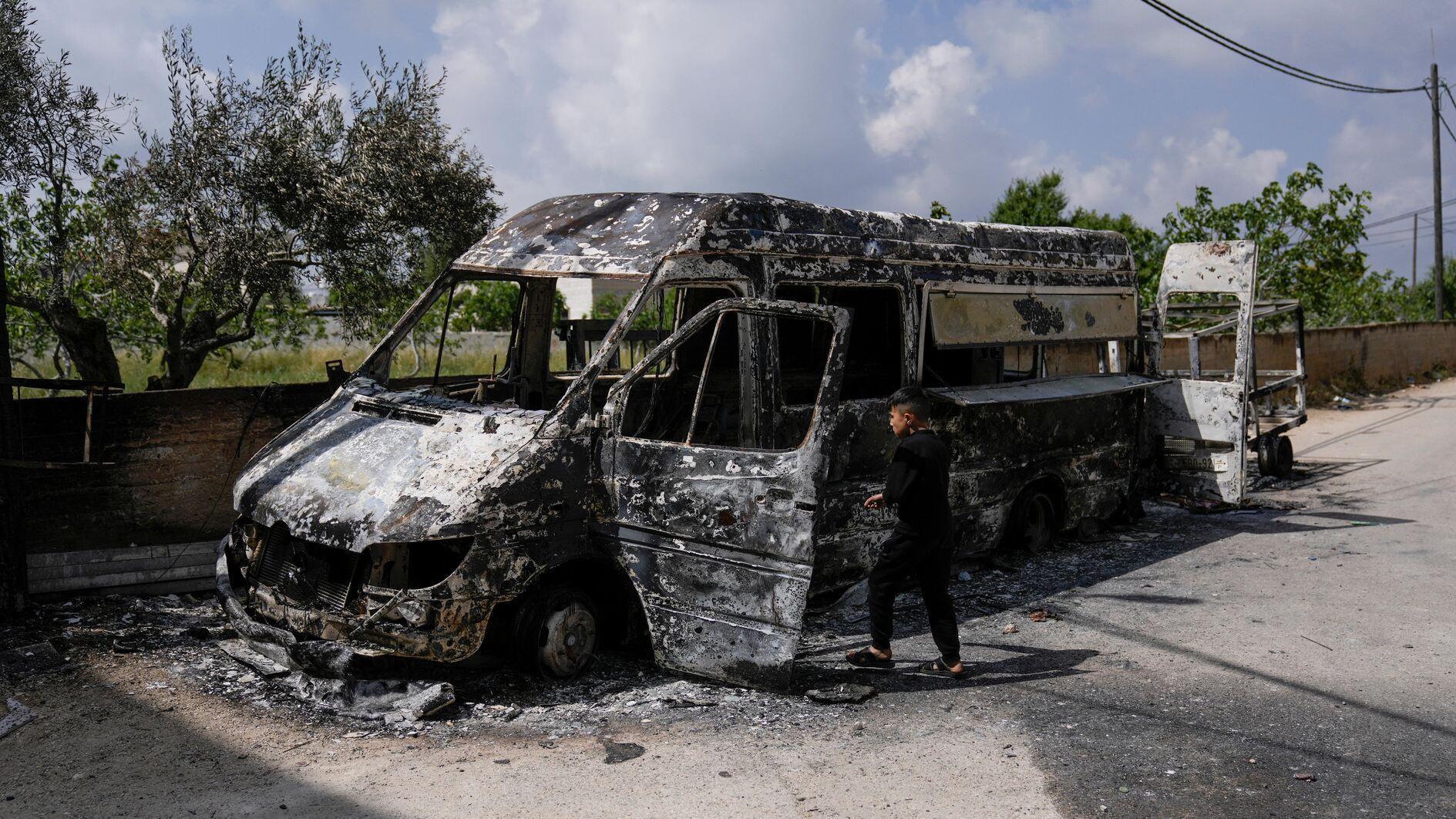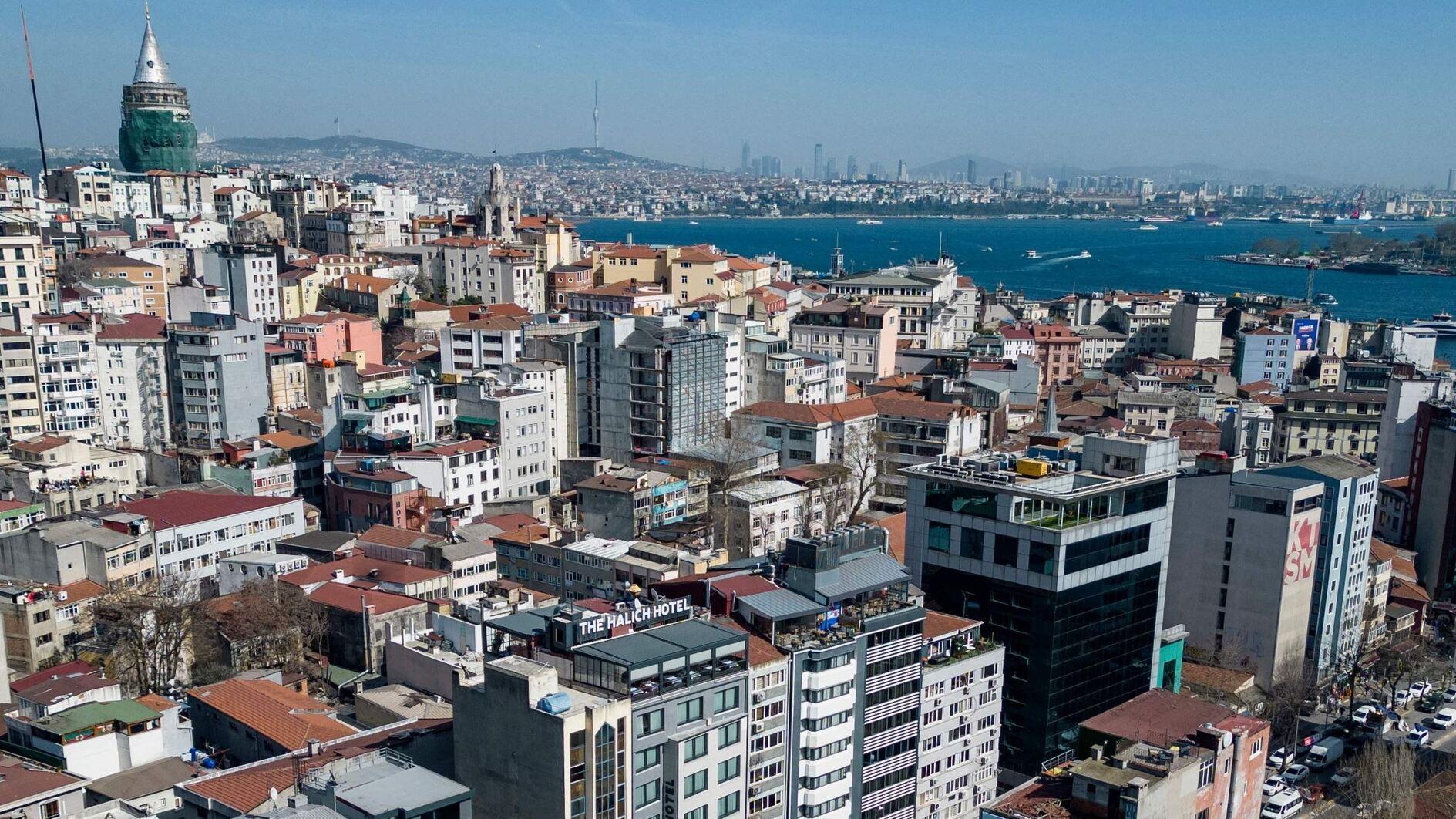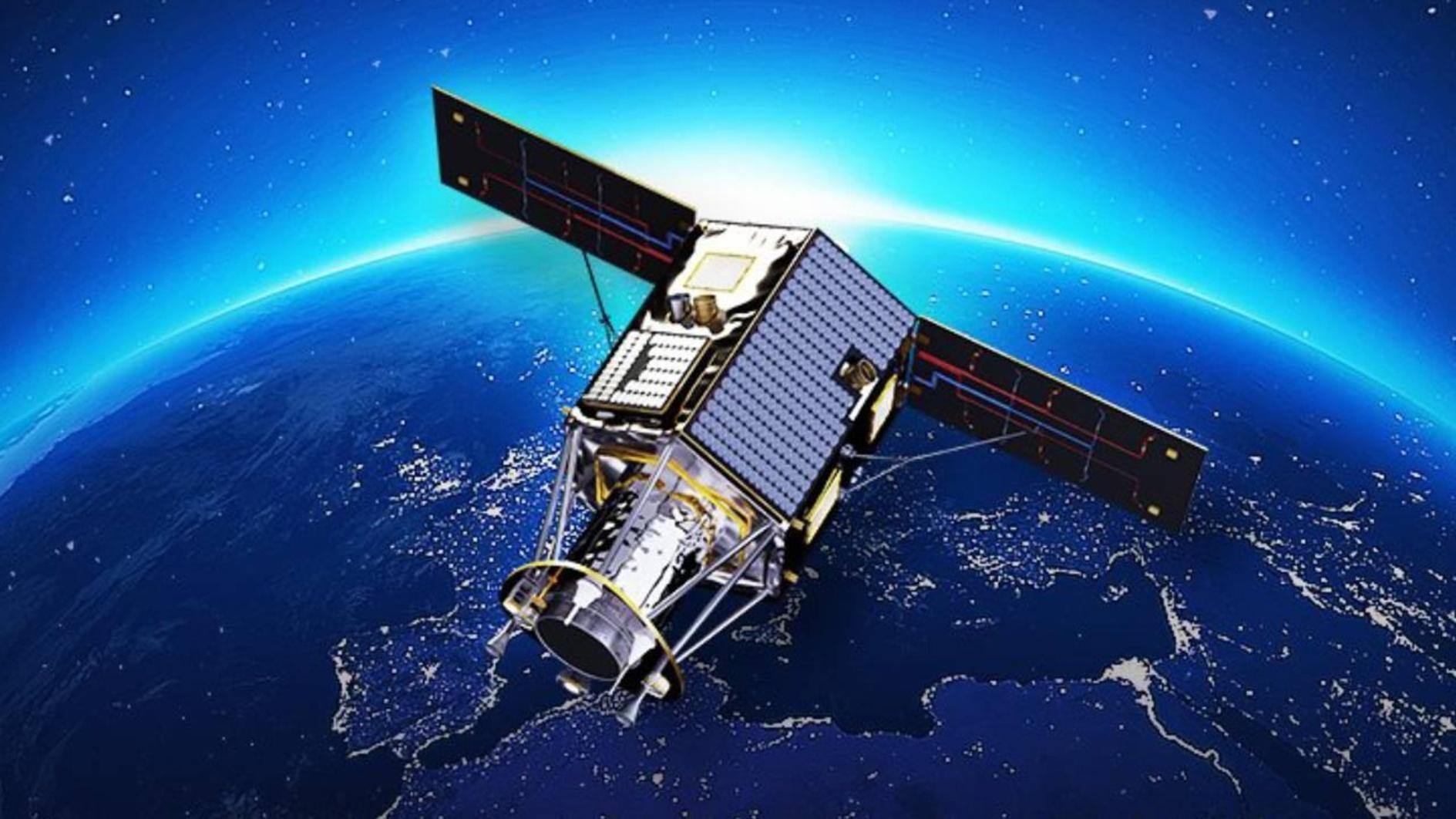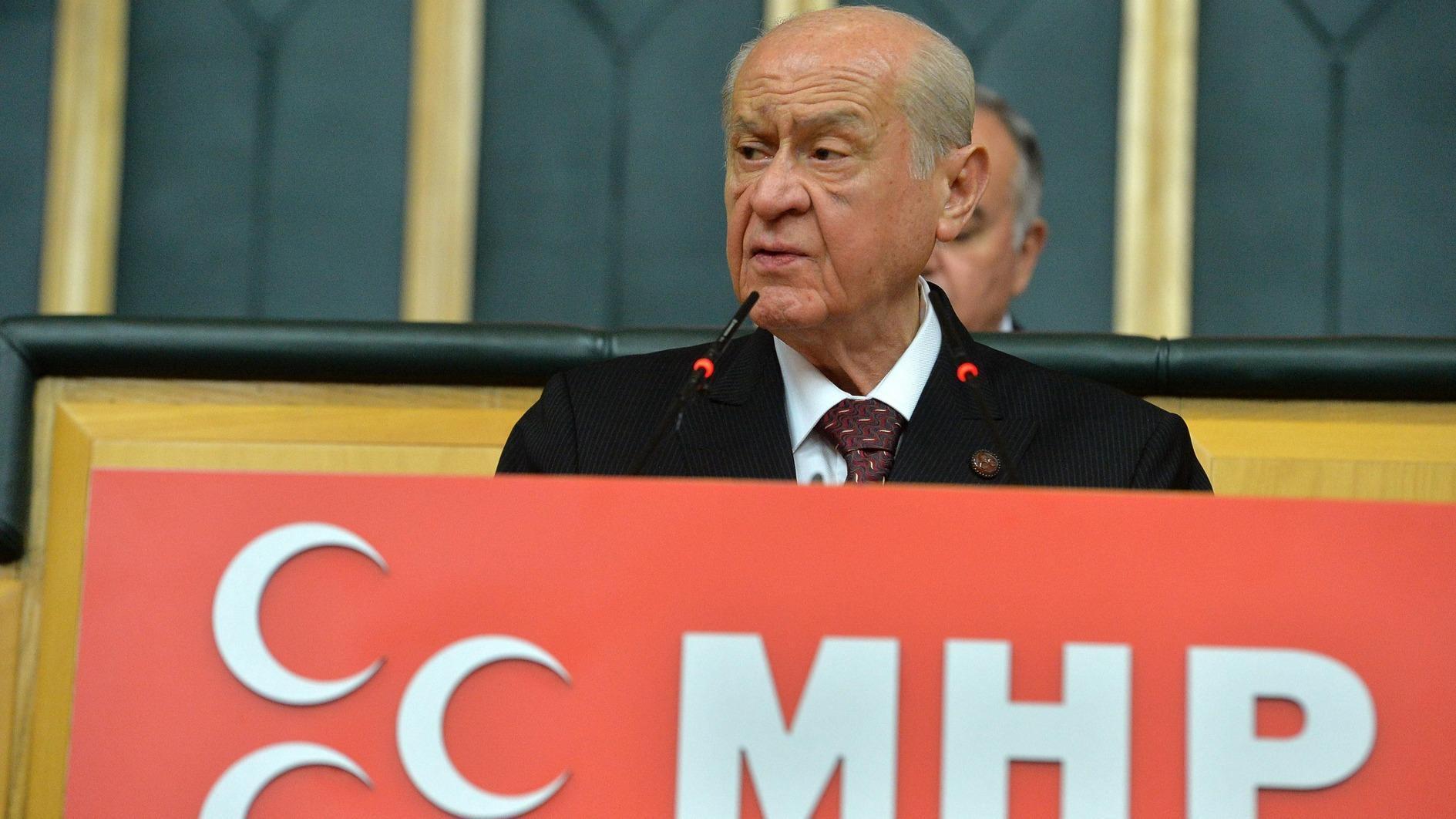Turkey, new US administration should think strategically: Atlantic Council
Serkan Demirtaş - ANKARA
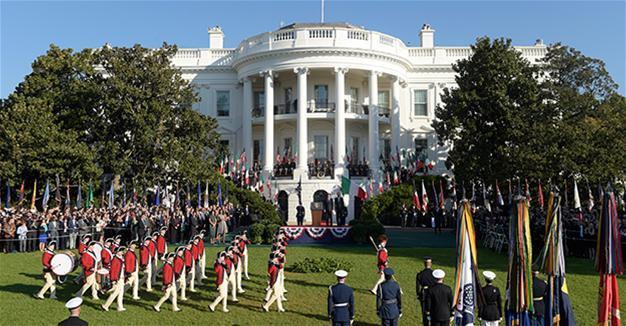
AP photo
A change in the White House will provide enormous opportunity for the new U.S. administration to sit down with Turkish leaders and think about issues strategically, the head of the Atlantic Council has said, expressing his belief that Ankara and Washington will be able to leave disagreements behind as they focus on mutual goals and interests.“My own view is, this is a time when Turkey and the United States together have such massive interests that when we have disputes over anything, that throws off our ability to get the big [problems solved]. We have to take on those disputes and we have to work together to solve them,” Frederick Kempe, president and CEO of the Washington-based Atlantic Council, told the Hürriyet Daily News in an interview.
Here are the questions and answers from the interview:
It’s obvious that Turkey and the U.S. are at odds over a number of very critical issues. How did they come to this point?
There is much more cooperation going on a day-to-day basis that most people see, but the U.S. and Turkey also have disagreements that need to be sorted out. Over time, both sides will have to find a way to deal with the issue of Fethullah Gülen that both suits American legal demands and Turkish expectations. We are going to have to deal with the Kurdish issue in a way that understands the Kurds’ role in the region but also the dangers that extremist organizations pose. But most of all, we have to understand that we no longer face a crisis of the Middle East, we face a crisis from the Middle East. And what I mean by that is, it is not a crisis that can be solved by outside actors.
How destructive do you think the Gülen issue could be?
At the moment, this appears to be an issue that divides the U.S. and Turkey, but ultimately I think we will find that this is a manageable issue and we will ultimately find our way closer together. What I mean by that is I think that there is a growing understanding in the United States of the issue that this poses in Turkey. You have to understand most Americans have never heard this name before. And they don’t understand at all the meaning of this issue to Turkey or the importance of this issue for the Turkish government. So you start from a standpoint of confusion among most Americans about what this means in general.
How do you think relations between Turkey and the U.S. should be navigated under the new elected administration?
My own view is that the common interests of Turkey and the United States are so incredibly deep. We both want the prosperity of this region and the stability of this region as two members of NATO that both want to act against extremism. [Because] the common interests are so strong, I am less worried than others are about challenges to the relationship. I think a change in the White House will provide an enormous opportunity for a new U.S. administration to sit down with Turkish leaders and think about things strategically. … It is very often that we don’t think strategically enough about our common interest and how we can work together to take on problems. We don’t actually have the luxury of disputes over less consequential matters. My own view is that this is a time when Turkey and the United States together have such massive interests that when we have disputes over anything that throws off our ability to get the big [problems solved]. We have to take on those disputes and we have to work together to solve them.
What do you think about criticisms that Turkey does not act like a reliable partner and a NATO ally?
Turkey is a pivotal state. I don’t think there is another country in the world that is a hinge state in so many different ways. It is a Middle Eastern state, in a way. It is a Black Sea state in a way, a Central Asian state and a European state. I am not sure if there is another country that has this strategic function in so many different geographies, not to mention this dividing line between Europe and Asia. And, so, there is absolutely no doubt in my mind that the understanding in the West of Turkey’s importance as part of the West will grow and has grown over time. And it also strikes me that Turkey is stronger as part of the West, looking into each of these issues as part of the West dealing with the Middle East; as part of the West dealing with Central Asia and as part of the West dealing with the Black Sea. Turkey on its own is not as strong and is not as anchored and so in my vision, it is vital that the West recognizes the value of Turkey and also that Turkey recognizes the value of the West. This is also why we are having our annual summit; a high-level dialogue platform on energy, economy, and security issues here in Istanbul every year. The next one will be on April 6-7, 2017.
Two last questions. First on Russia: Is there a new alliance rising in the region between Turkey and Russia?
No one had an interest on a confrontational course between Turkey and Russia. There was a dangerous situation that served nobody’s interest. The question now is whether Turkey’s improved relationship with Russia can also help influence Russia’s decisions in Syria and in Ukraine to be more constructive.
And on Turkey and Israel. How do you think this normalization between Turkey and Israel might affect the Middle East in general terms?
The return of Turkey’s approach in the direction of zero problems with neighbors is positive: As long as it also means a value-oriented approach to make judgments regarding neighbors to create a better world. There is no downside to an improved relationship between Israel and Turkey but there is an enormous upside.


